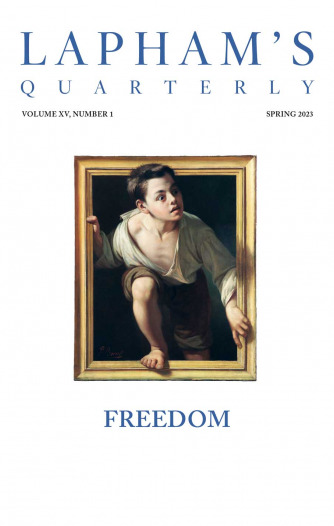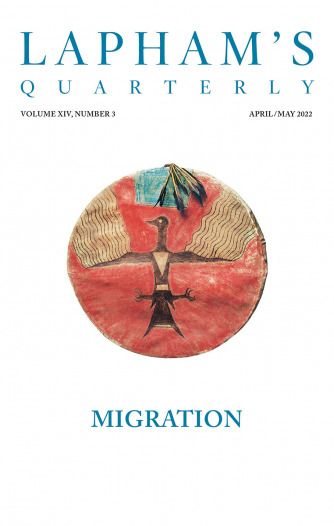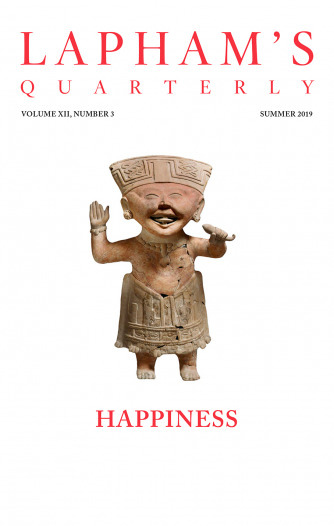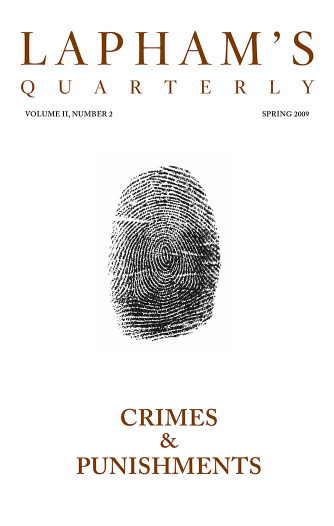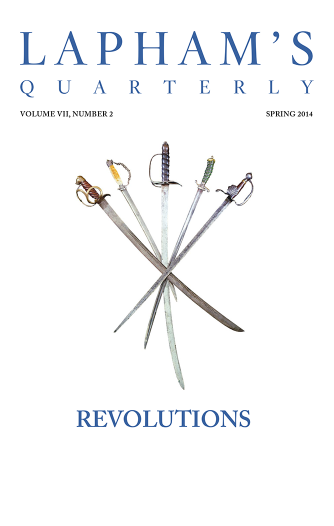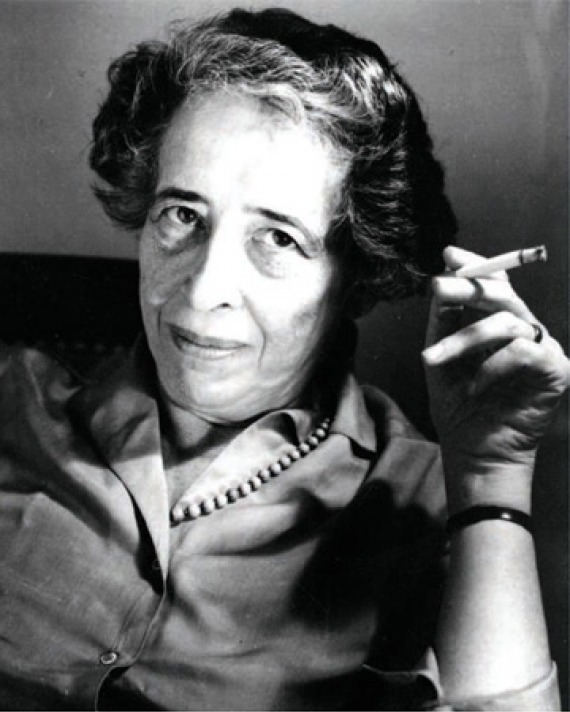
Photograph by Ryohei Noda (CC BY 2.0)
Hannah Arendt
(1906 - 1975)
Hannah Arendt studied under Martin Heidegger at the University of Marburg and completed her dissertation, “St. Augustine’s Concept of Love,” under Karl Jaspers at the University of Heidelberg in 1929. She came to the U.S. in 1941 and over the next twenty-five years published The Origins of Totalitarianism, The Human Condition, and Eichmann in Jerusalem, in which she coined the phrase “the banality of evil” to help explain Adolf Eichmann’s role in the Holocaust.
